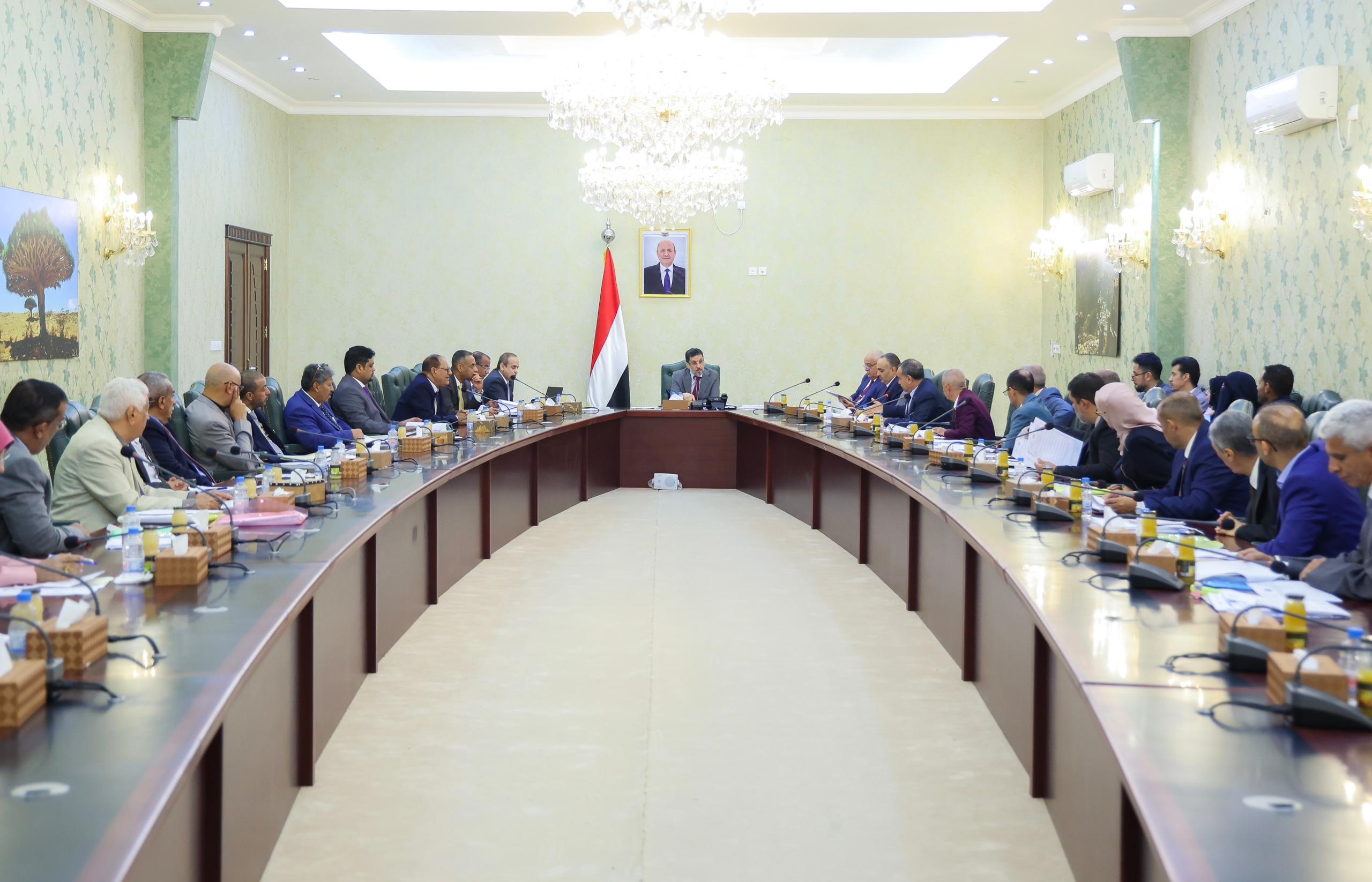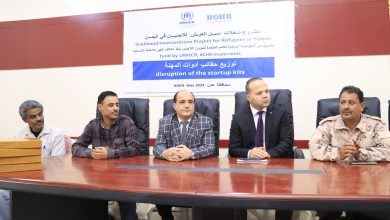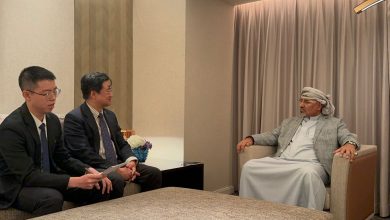The Higher Education Council convened today in Aden, Yemen’s temporary capital, under the leadership of Prime Minister Dr. Ahmed Awad bin Mubarak. The meeting focused on several key decisions and directives aimed at improving academic and educational performance in both public and private universities, as well as addressing existing challenges.
Addressing Faculty Conditions
The council discussed the current situation of faculty members and teaching assistants at universities. They emphasized the urgent need to expedite legal adjustments and promotions for faculty members and their assistants.
Formation of a Solutions Committee
A committee will be established, chaired by the Prime Minister and including the Ministers of Higher Education and Finance. This committee will work to address the demands raised by faculty and university administrative staff. Their efforts will form part of a comprehensive plan to improve economic conditions and tackle the depreciation of the national currency, which has adversely affected various aspects of daily life.
New Regulations for Scientific Journals
The council approved a draft decision regarding the issuance and accreditation of Yemeni scientific journals. This initiative aims to create an official framework that ensures quality standards for journals and promotes a culture of quality in scientific research.
Recommendations for Program Approvals
The council endorsed the recommendations from the technical committee responsible for reviewing all programs, colleges, and centers proposed by universities for accreditation. The recommendations stress that universities must not establish any new colleges, departments, programs, or centers without prior approval from the Higher Education Council. Additionally, universities should reassess existing scientific centers based on their economic viability when considering the establishment of new centers or programs. Collaboration among universities is essential to avoid redundancy in new programs and specializations.
Approval of Blended Learning Regulations
The Higher Education Council approved the regulatory framework for blended learning at Aden University. This initiative aims to enhance the educational process by integrating traditional in-person education with modern e-learning methods. Blended learning seeks to ease barriers to education and enable more students to pursue their studies effectively, aligning with labor market needs.
Review of Graduate Studies System
The council reviewed the graduate studies system in Yemeni higher education institutions, as presented by the Ministry of Higher Education and Scientific Research. They directed that feedback be incorporated and that the revised system be presented at the next council meeting.
Language Proficiency Programs
The council referred the proposed English language proficiency program for graduate students and the Arabic language proficiency program to the Academic Accreditation Council. This step aims to standardize proficiency criteria across various universities.
Restructuring and New Programs
The Higher Education Council tasked the Academic Accreditation Council with reviewing the proposed restructuring plan for Shabwa University and licensing the establishment of a graduate studies center at Al Hudaydah University. They also approved the launch of a Master’s program in Infection Control, with recommendations to be submitted to the council.
Prime Minister’s Opening Remarks
At the beginning of the meeting, the Prime Minister welcomed the heads of public universities and council members. He highlighted the importance of the council’s regular operations in addressing the challenges facing higher education. He conveyed the greetings of the President of the Presidential Leadership Council and expressed appreciation for their efforts in maintaining educational processes during these exceptional circumstances.
Emphasizing the Role of Universities
The Prime Minister underscored the critical role of universities and higher education institutions in devising scientific solutions to current issues. He urged these institutions to develop innovative ideas that align with existing laws and educational quality standards. Furthermore, he encouraged partnerships with the private sector and a focus on specialized fields that meet future labor market demands.
This meeting marks a significant step toward enhancing the quality and effectiveness of higher education in Yemen, demonstrating a commitment to address present challenges and future opportunities.
To follow the news in Arabic

 Al-Thuqali discusses efforts to document the Socotri language and directs preparations for the heavy vehicles site at the port.
Al-Thuqali discusses efforts to document the Socotri language and directs preparations for the heavy vehicles site at the port. General Al-Zubaidi calls for local, regional, and international cooperation to secure international shipping routes.
General Al-Zubaidi calls for local, regional, and international cooperation to secure international shipping routes. Council member Al-Zubaidi discusses with the Greek ambassador the impact of ongoing Houthi escalation on international shipping.
Council member Al-Zubaidi discusses with the Greek ambassador the impact of ongoing Houthi escalation on international shipping. A meeting was held in Lahij between the executive and judicial authorities to discuss strengthening coordination mechanisms.
A meeting was held in Lahij between the executive and judicial authorities to discuss strengthening coordination mechanisms. One hundred young men and women benefit from economic empowerment tools in Dar Saad district, Aden.
One hundred young men and women benefit from economic empowerment tools in Dar Saad district, Aden. Council member Al-Zubaidi appreciates China’s support for Yemen.
Council member Al-Zubaidi appreciates China’s support for Yemen.